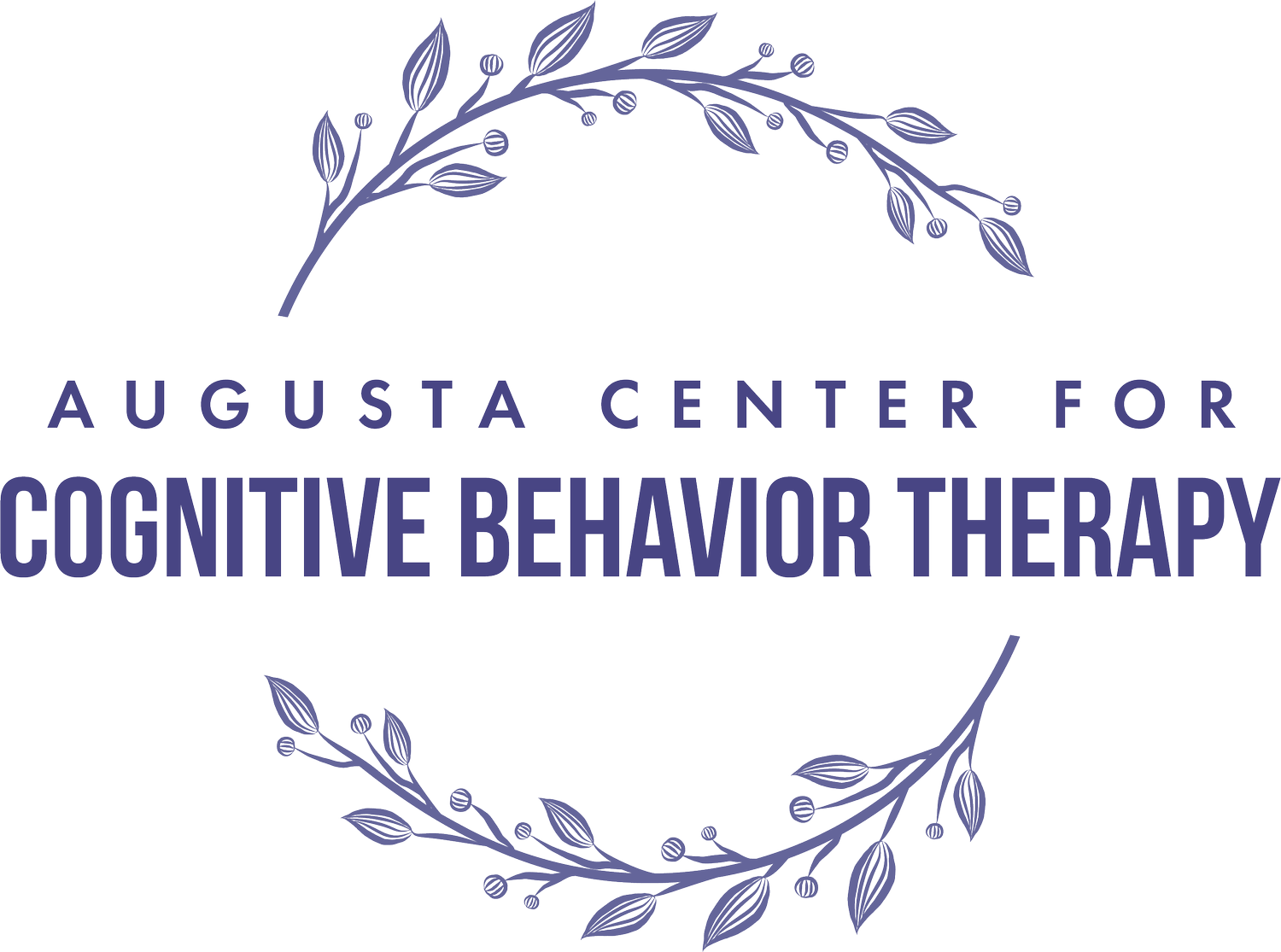Jason Pearce
LICENSED & BOARD CERTIFIED CLINICAL SOCIAL WORKER
I believe that everyone deserves to have a space where they can be their authentic self, free from judgement.
-
I love working with people who are tired of having life hindered by anxiety, depression, or trauma and are ready to make some lasting changes. The motivation to change coupled with my knowledge of evidence-based therapy is a recipe for success that makes the therapy process both successful and enjoyable.
-
I am trained in Cognitive Behavior Therapy (CBT), CBT for Insomnia (CBT-I), Trauma Focused CBT (TF-CBT), Rational Emotive Behavioral Therapy (REBT), Cognitive Processing Therapy (CPT), Prolonged Exposure (PE), LGBTQIA+ Affirmative Therapy, Acceptance and Commitment Therapy (ACT), Exposure & Response Prevention (ERP), Dialectical Behavior Therapy (DBT) Skills Training, and Psychedelic-Assisted Therapy.
-
Jason is a retired Army Social Work Officer. He received a Master of Science in Counseling Psychology from William Carey University, a Master of Social Work (MSW) from Fayetteville State University, and is completing a Doctor of Social Work (DSW) from The University of Alabama, Roll Tide!!
Jason spent most of his clinical career as an Army Social Work Officer. He completed his post-MSW training at Walter Reed National Military Medical during the height of the Iraq and Afghanistan conflicts. He received training and supervision from world renowned experts in trauma therapy, specifically in Cognitive Processing Therapy and Prolonged Exposure. Jason also received training in CBT with an emphasis on depression, anxiety, trauma, and personality disorders from Dr. Aaron Beck and Dr. Judith Beck at the Beck Institute.
Meet Ryker!
Jason has a 4-legged therapy assistant named Ryker. He is a loving boy that just wants to support Jason and his patients to be their very best. He may or may not make an appearance during your sessions. If you are afraid of dogs, please relay that to Jason.

Roll Tide!!
Ask Jason…
-
Cognitive Behavior Therapy, helps with anxiety by identifying and challenging negative thought patterns and beliefs that contribute to anxious feelings. Through CBT, individuals learn coping skills to manage anxiety, such as relaxation techniques and gradual exposure to feared situations. Additionally, CBT teaches problem-solving strategies and promotes behavior changes that reduce avoidance and increase engagement in activities that bring a sense of mastery and pleasure, ultimately leading to reduced anxiety symptoms and improved overall functioning.
-
CBT for insomnia is a structured therapeutic approach that helps individuals improve their sleep patterns and quality by addressing thoughts, behaviors, and habits that contribute to sleep difficulties. It typically involves techniques such as sleep hygiene education, stimulus control, relaxation training, and cognitive restructuring to identify and challenge unhelpful beliefs about sleep.
-
Yes, CBT for insomnia (CBT-I) is considered the gold standard treatment for insomnia and has been shown to be highly effective in improving sleep quality and duration. Research studies have consistently demonstrated the efficacy of CBT-I in reducing the time it takes to fall asleep, decreasing nighttime awakenings, and increasing total sleep time. CBT-I typically involves a combination of techniques such as sleep hygiene education, stimulus control, relaxation training, cognitive restructuring, and sleep scheduling. By addressing the underlying thoughts, behaviors, and habits that contribute to insomnia, CBT-I helps individuals develop healthier sleep patterns and improve overall sleep quality without relying on medication.Item description
-
CBT helps individuals gradually expose themselves to feared situations or sensations in a controlled manner, desensitizing them to triggers and reducing the frequency and intensity of panic attacks over time.
-
Exposure and Response Prevention (ERP) is a type of cognitive-behavioral therapy (CBT) commonly used to treat anxiety disorders, particularly obsessive-compulsive disorder (OCD). In ERP, individuals are gradually exposed to situations, objects, or thoughts that trigger anxiety or distress (exposure) while refraining from engaging in their typical compulsive behaviors or rituals (response prevention). Through repeated exposure without performing the compulsions, individuals learn that their feared outcomes are unlikely to occur, leading to a reduction in anxiety and a weakening of the association between the trigger and the compulsive response. Over time, ERP helps individuals develop healthier coping strategies and decreases the power of their obsessions and compulsions, ultimately leading to symptom improvement and increased quality of life.
-
Prolonged Exposure (PE) therapy and Cognitive Processing Therapy (CPT) are both evidence-based treatments for trauma-related disorders, but they differ in their approaches. PE focuses on gradually exposing individuals to trauma-related memories, situations, and emotions to reduce avoidance and fear. It involves repeatedly recounting the traumatic event and engaging in activities that challenge avoidance behaviors. In contrast, CPT focuses on identifying and challenging maladaptive beliefs and thoughts about the trauma. It helps individuals reframe their understanding of the traumatic event and its impact on their lives through structured cognitive restructuring exercises. While both therapies aim to reduce symptoms of trauma, they utilize different strategies to achieve this goal.
BOOK YOUR APPOINTMENT
BOOK YOUR APPOINTMENT
READY TO GET STARTED?




